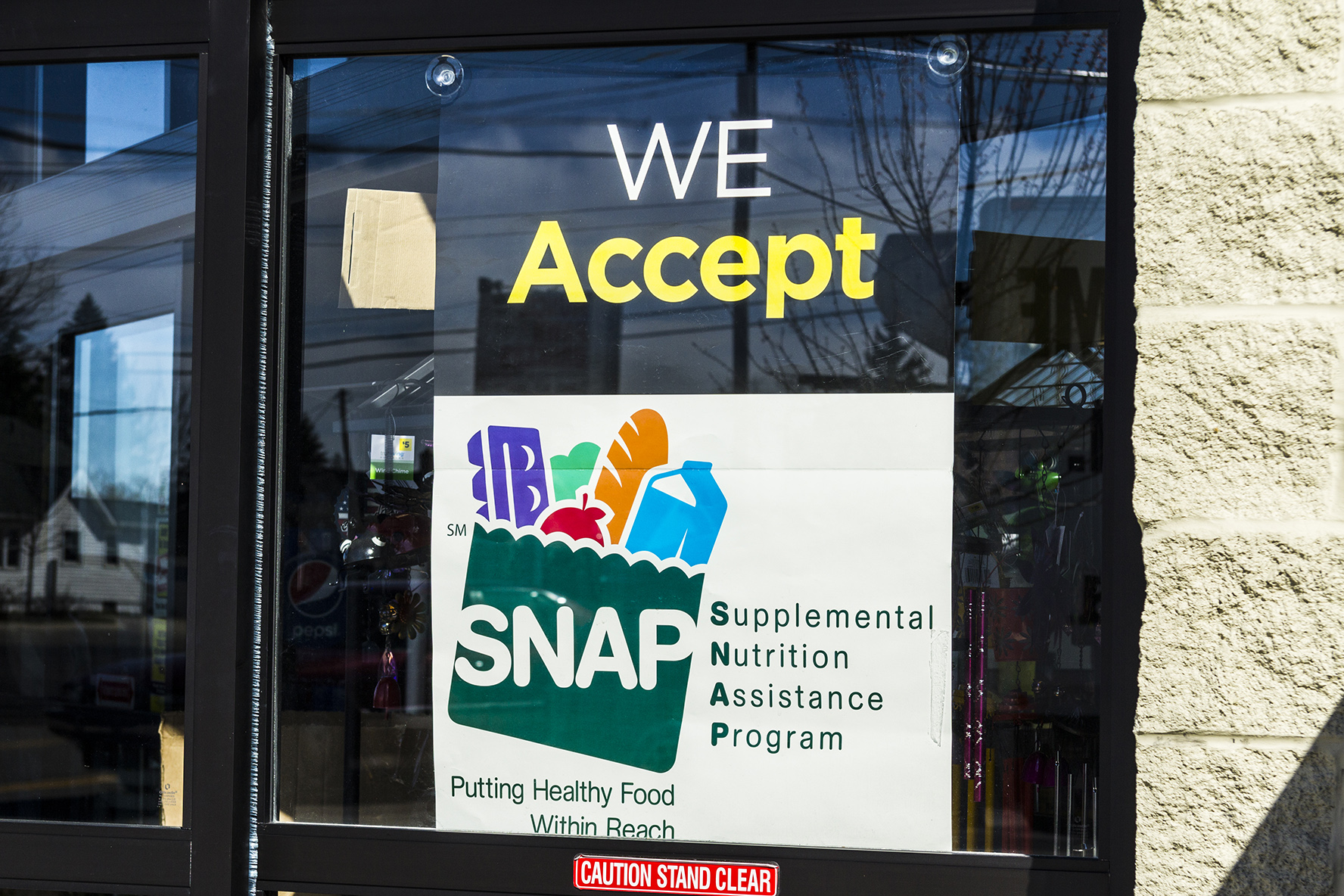- Joined
- Mar 30, 2021
- Messages
- 29,642
- Reaction score
- 46,577
- Location
- Hiding from ICE
- Gender
- Male
- Political Leaning
- Liberal
There is a belief that cities are full of welfare and SNAP recipients that drain resources from the nation. Full of immigrants who barely speak the language and contribute nothing. A belief that the true wealth and value of the U.S. is found in rural areas, farming communities, and small towns.
What a bunch of crap.
Cities account for 90.8% of the U.S. GDP, according to the 2025 Metro Economies Report. The U.S. Conference of Mayors released the report, which S&P Global Market Intelligence prepared, at its annual meeting in June. The report found that cities account for 89.5% of personal income, 92.1% of wages and salaries, 88.2% of employment, 90.3% of employment change and 86.4% of population. The gross metro product of the top 10 metro areas ($9.67 trillion) exceeds the output of 37 states ($9.45 trillion), the report states. In 37 states, metro areas contribute more than 80% of the state GDP.

 www.smartcitiesdive.com
www.smartcitiesdive.com
Rural America exists on government handouts.
The report shows SNAP benefits increased economic output by 1.25% in rural areas compared to 0.53% in urban areas. The total number of jobs the benefit added to non-metropolitan areas increased by 1.18%, compared to 0.5% in metro areas.
“We could see that there are large spillover demands from the urban economy to the rural economy,” said USDA economist Katherine Ralston, one of the authors of the report. “So the urban households are buying food with their SNAP benefits, and most food is produced in the rural economy.”

 www.stlpr.org
www.stlpr.org
Rural Areas Receive More Medicaid
Cutting health coverage by capping federal Medicaid funding. Capping the amount of federal Medicaid funding each state receives, regardless of residents’ health care needs, would be particularly harmful in rural areas. Medicaid has long played an even larger role in providing health coverage and paying for care in rural areas than in metropolitan areas. For example, 47 percent of children in rural areas have Medicaid coverage, compared to 38 percent in metropolitan areas.
Read the rest here:
Cities are full of drug addicts compared to more sober rural regions. Well....

 americanaddictioncenters.org
americanaddictioncenters.org

 www.brookings.edu
www.brookings.edu
I'm tired of hearing cities blamed for all society's problems. It's a bunch of crap.
It's rural areas that suck up tax dollars far more than cities.
What a bunch of crap.
Cities account for 90.8% of the U.S. GDP, according to the 2025 Metro Economies Report. The U.S. Conference of Mayors released the report, which S&P Global Market Intelligence prepared, at its annual meeting in June. The report found that cities account for 89.5% of personal income, 92.1% of wages and salaries, 88.2% of employment, 90.3% of employment change and 86.4% of population. The gross metro product of the top 10 metro areas ($9.67 trillion) exceeds the output of 37 states ($9.45 trillion), the report states. In 37 states, metro areas contribute more than 80% of the state GDP.

Cities drive most U.S. economic activity: report
Metro-area economies’ contributions to U.S. economic growth increased for the fifth consecutive year, according to the report released by the U.S. Conference of Mayors, but a S&P Global Market Intelligence representative noted economic headwinds ahead.
Rural America exists on government handouts.
Federal food benefits help rural economies more than urban ones
A new report from the U.S. Department of Agriculture shows federal food benefits have more than twice the impact on rural communities than in urban areas. The study, which looked at the period of 2009-14, shows the Supplemental Nutrition Assistance Program, formerly known as food stamps, boosted spending and jobs at twice the rate in rural areas.The report shows SNAP benefits increased economic output by 1.25% in rural areas compared to 0.53% in urban areas. The total number of jobs the benefit added to non-metropolitan areas increased by 1.18%, compared to 0.5% in metro areas.
“We could see that there are large spillover demands from the urban economy to the rural economy,” said USDA economist Katherine Ralston, one of the authors of the report. “So the urban households are buying food with their SNAP benefits, and most food is produced in the rural economy.”

Federal food benefits help rural economies more than urban ones
A new report from the USDA shows benefits from the Supplemental Nutrition Assistance Program, formerly known as food stamps, have a bigger impact on rural economies.
Rural Areas Receive More Medicaid
Cutting health coverage by capping federal Medicaid funding. Capping the amount of federal Medicaid funding each state receives, regardless of residents’ health care needs, would be particularly harmful in rural areas. Medicaid has long played an even larger role in providing health coverage and paying for care in rural areas than in metropolitan areas. For example, 47 percent of children in rural areas have Medicaid coverage, compared to 38 percent in metropolitan areas.
Read the rest here:
Cities are full of drug addicts compared to more sober rural regions. Well....

Substance Use in Rural Communities and Small Towns
Substance misuse and addiction in rural communities is not uncommon. When compared to rates of substance misuse in cities, rural communities have higher rates of certain substance use. Learn where to get treatment if you or someone you love live in a rural community.

Envisioning a more equitable and inclusive Farm Bill | Brookings
I'm tired of hearing cities blamed for all society's problems. It's a bunch of crap.
It's rural areas that suck up tax dollars far more than cities.
